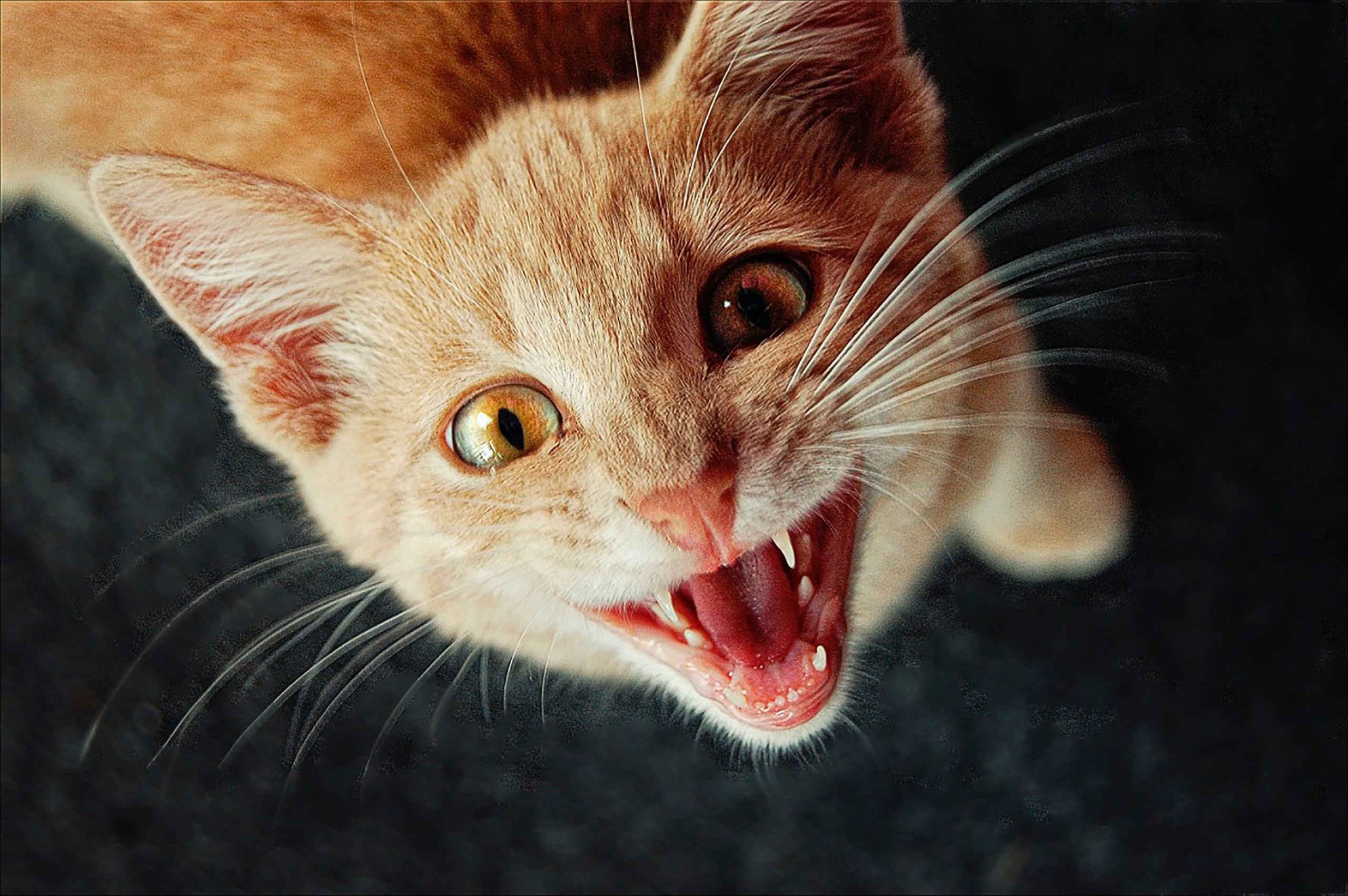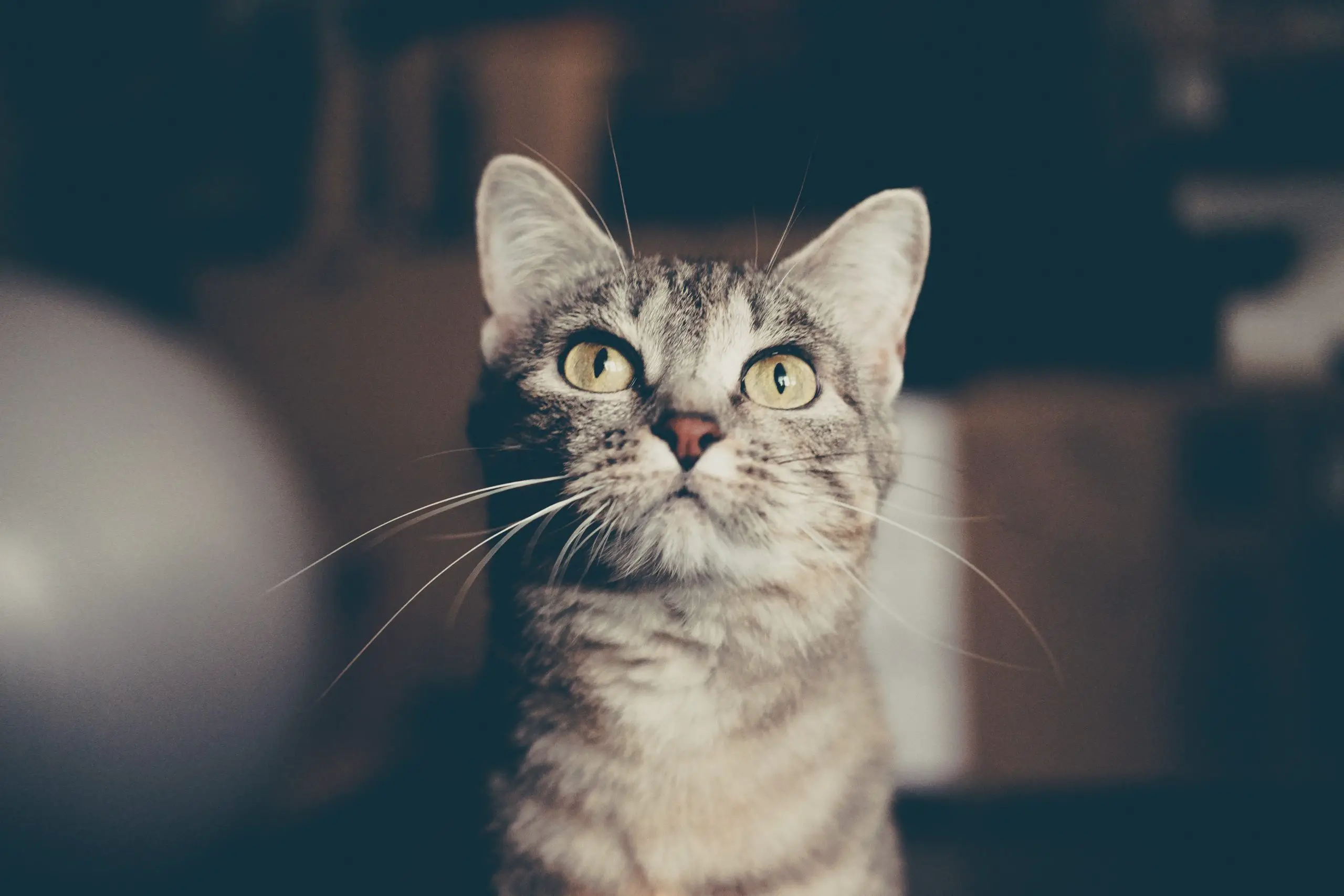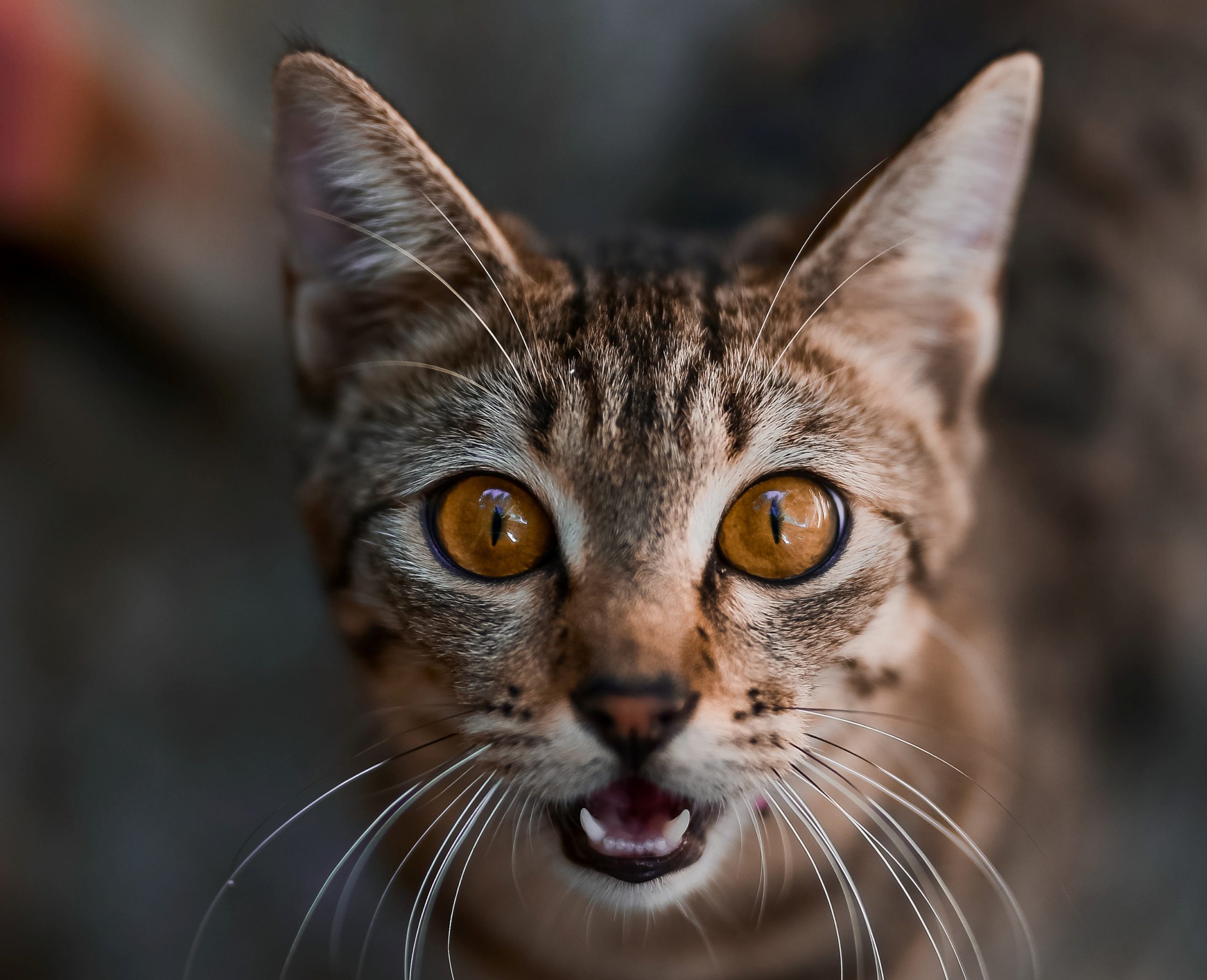Updated on June 5,2020
Similar to humans, every cat has their own special voice that they use to communicate. Though some cats tend to talk more than others, there is a cause of concern if your once vocal cat suddenly stops meowing.


In this article we’ll discuss 6 possible reasons as to why your furry friend is no longer talking, and when it’s time to worry!
Why do cats meow?
Similar to humans using their voice, meowing is a form of communication. Though some cats will meow more than others based on where they are raised, a meow can mean many things for our feline friends!
Cats meow in order to get our attention, ask for food, initiate cuddle time, and any other reason they may be asking for a bit of extra love on your part. Though cats have many reasons to communicate vocally with their humans, you may be surprised to know that feral cats don’t often have the need to meow. Meowing is a “kitten” behavior, and domesticated cats will often bring this behavior into their adult lives in your home.
Meowing is a behavior that cats and kittens learn in homes with humans since it’s the only way to get our attention. Cats seldom need to meow and communicate with other cats when they are feral, meaning it is rare to see a stray cat meowing if they were truly raised without human intervention. While you may still hear a feral cat outdoors during confrontation and other feline interaction, it is rare for adult feral cats to meow at each other.
So why can’t your cat meow?
Now that you understand why your feline BFF meows, let’s dive into the possible reasons as to why your cat can’t meow!
1. They Aren’t Very Vocal
Some cats are simply more quiet than others. Some cats are known for meowing each time they enter a room, while others are so silent that it’s a rare occurrence to hear them make a peep. As long as this is your cat’s normal behavior, there is nothing wrong with a less vocal cat. However, it’s always important to note a sudden change in their talking behavior if your once vocal cat is suddenly silent.


2. They Temporarily Lost Their Voice
Have you ever sang your heart out at a concert only to discover that you’ve completely lost your voice by the end of the night? This can happen to our furry friends too! If your cat has an especially vocal night and spends hours meowing for any reason, this can cause your cat to temporarily lose their voice. This is common in cats that meow when their owners leave the house, have outdoor concerts with other cats, or any other reason that causes your feline to yowl for extended periods of time.
3. They Are Stressed
Have you ever been so stressed that you just want to isolate yourself and keep quiet? Cats can experience periods similar to this as well. A stressed cat may hide away and keep to themselves, leading to a sudden decrease in their vocalization. If your cat’s meowing stops after you’ve implemented changes of any kind to your home, try to cater to your cat and find ways to ease their stress.
4. Upper Respiratory Infections
Upper respiratory infections can wreak havoc on your cat’s “voice box”, causing their voice to be scratchy or strained. This can be a combination of your cat’s throat being too sore to meow, and possible feeling so ill that they don’t have the desire to meow like they usually do. If your cat is experiencing any sneezing, eye discharge, runny nose, lethargy, or lack of appetite, it’s best to contact your vet ASAP to get your cat the care they need.
4. Hyperthyroidism
Hyperthyroidism is a condition that causes a cat’s thyroid to work in overdrive. This condition is common in elderly cats, and can even result in the overgrowth of the thyroid gland itself. Because of this, hyperthyroidism has been known to affect the voice of a cat and may lead a cat to become more hoarse than usual. If you notice a change in their meow along with weight loss, fur loss, appetite change, or any other change in behavior, it’s best to contact your vet.
5. Medical Emergencies
Though we’ve touched on the two most common medical concerns behind a sudden change in meow, there are some other medical conditions that are a bit more serious. Some other medical conditions to be aware of include:
- Trauma
- Growths
- Weakness and extreme lethargy
- Foreign body in the trachea
- Cancer
While these are certainly more rare, it’s always best to be aware of the possibilities!


Are some cats more quiet than others?
So should you be worried if your cat just doesn’t seem to meow as much as other cats? Definitely not! Each cat will have their own individual quirks and personalities, and some may prefer to live on the quiet side of life. As long as you’re not experiencing a sudden shift in your once vocal cat, there is nothing to worry about. As long as your quiet cat seems healthy and happy in every other way, you can accept it without worry!
Summary
We love when our cat’s greet us with a warm meow, so it’s understandable to be worried about a sudden change in their voice. Be sure to review the possible reasons we mentioned above and your cat will be on their way to chatting in no time!